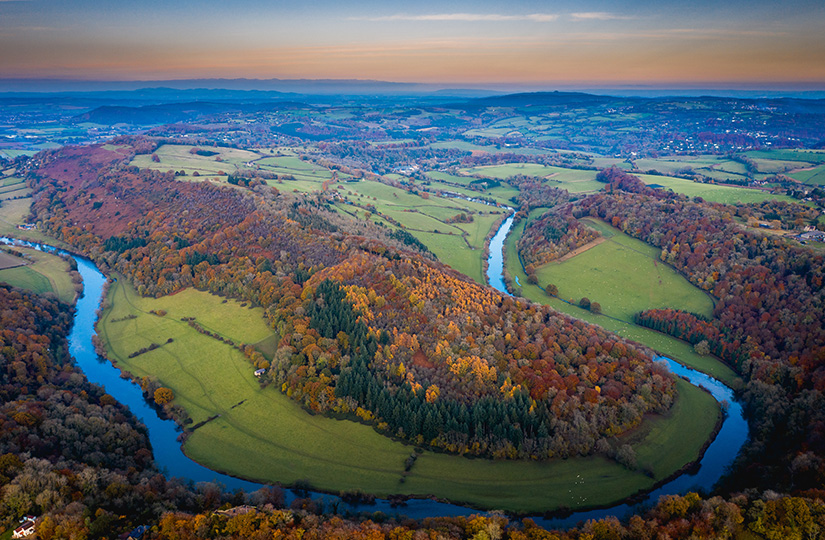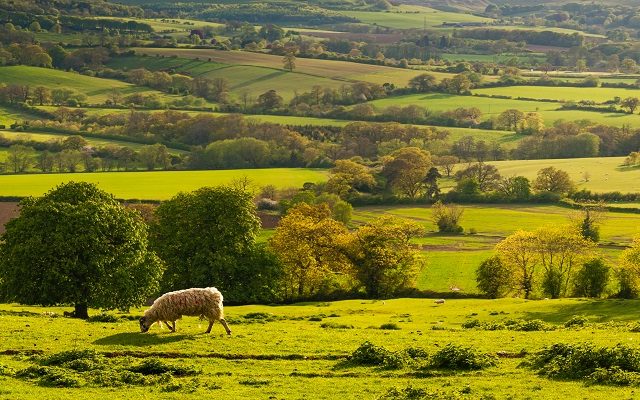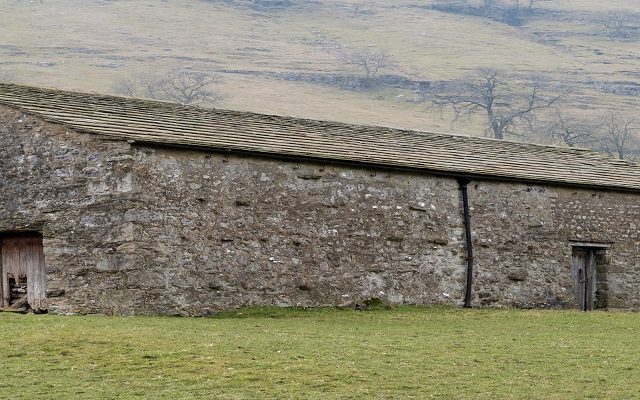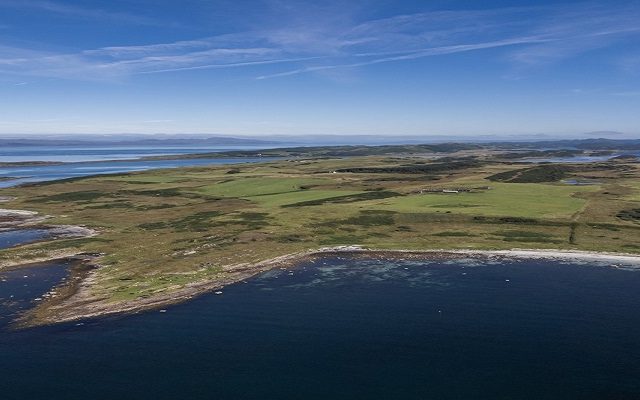A quick guide to Defra’s Landscape Recovery Scheme
Defra has shared details of its Landscape Recovery Scheme pilot – the ‘top tier’ of the three different Environmental Land Management (ELM) schemes in development.
The Landscape Recovery Scheme will be available in England to support the delivery of landscape and ecosystem recovery through long-term (20 years +), land use change projects, including projects to restore wilder landscapes.
When the scheme is fully up and running in 2024 it will focus on:
- Large-scale forest and woodland creation, restoration and improvement
- Restoring ecosystems, including native species and restoring rivers and streams
- Peatland restoration
- Creation and restoration of coastal habitats such as wetlands and salt marsh.
However, the first wave of pilot projects will focus on just two themes:
- Recovering and restoring threatened native species (birds and insects)
- Restoring streams and rivers.
Defra is aiming to deliver Landscape Recovery projects at a large-scale, so it is looking for 10 sites ranging from 500ha to 5,000ha for the pilot scheme.
Applications can be made by individual landowners or land managers, or collaborative groups, including individuals and organisations who have land joined in some way, for example along a stream.
Whole holdings will not need to be entered into an agreement. Tenants are likely to require consent from their landlord to take part.
Payment options under Landscape Recovery
Funding will be available for project development, to help cover the costs of baseline data collection, engaging with stakeholders, putting in place governance agreements and obtaining relevant consents and permissions.
Land managers will also negotiate long-term funding to support the delivery of changes on the ground.
Agreements will be bespoke and individually negotiated, with the land manager(s) deciding what they want to do and be paid for.
Projects will also be able to blend the public money on offer, with payments from private investors. Defra is open to ideas on how this can be done and has given the following examples:
| Area-based funding | Defra pays for delivery on some parcels. Private funding pays for others. |
| Match funding | Defra pays for a certain % of costs. Private funding pays the balance. |
| Intermediary model | An intermediary pays the project to deliver ‘outcomes’ that the intermediary owns and can sell (to Defra or other organisations). |
| First / final investor | Defra could be the ‘first’ investor, with others coming in later. |
Potential projects under Landscape Recovery
Defra has shared the following examples of the sort of projects that might attract funding under Landscape Recovery:
| Potential actions | Benefits from the project | |
| Wild peakdale | Plant large scale woodland Re-wet peatland Appropriate grazing to create habitats for priority species Restore eroded rights of way and create new ones | Biodiversity Carbon capture and storage Water quality Access Safeguarding |
| Living flood plain | Re-meander rivers and streams Reconnect flood plain Extend woodlands Restore semi-natural habitats Programme of citizen science with local university | Improved hydrology Water quality Biodiversity Carbon capture and storage Climate resilience Access and education |
| Great estuarine restoration | Connect fragmented inter-tidalhabitats Re-wet arable and grass land to create habitats Awareness raising campaign to public and businesses | Biodiversity Carbon capture and storage Water quality Climate resilience Access and education |
It has said a large-scale arable project involving hedgerow management and the planting of pollen and nectar mixes, flower rich margins and small flower rich meadows alongside intensive agriculture would be unlikely to attract funding through Landscape Recovery as it would be more suited to one of the other ELM options.
If you would like to know more about any of the ELM schemes, contact your local Strutt & Parker rural office.






